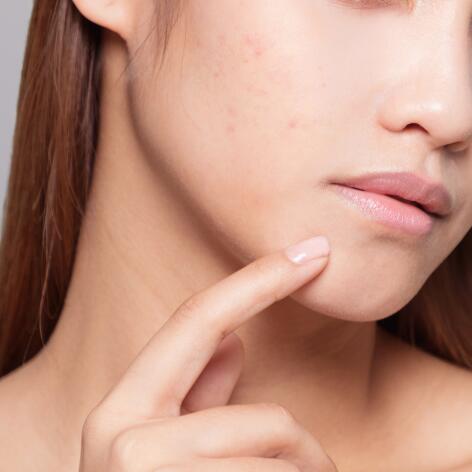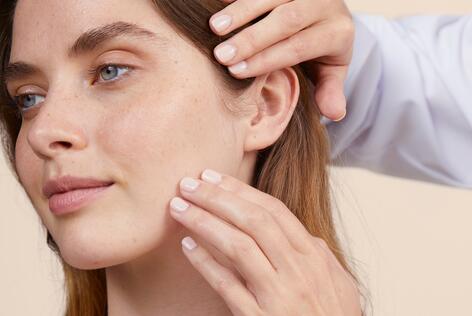Our solutions for taking care of your acne-prone skin
Our Cleanance skin care products are designed to make you feel confident in your skin
Cleanance Comedomed Anti-Blemish Concentrate
Which skin care routine should you adopt?
Identify what it really needs with the help of our experts and discover the most suitable skin care routine for you.


